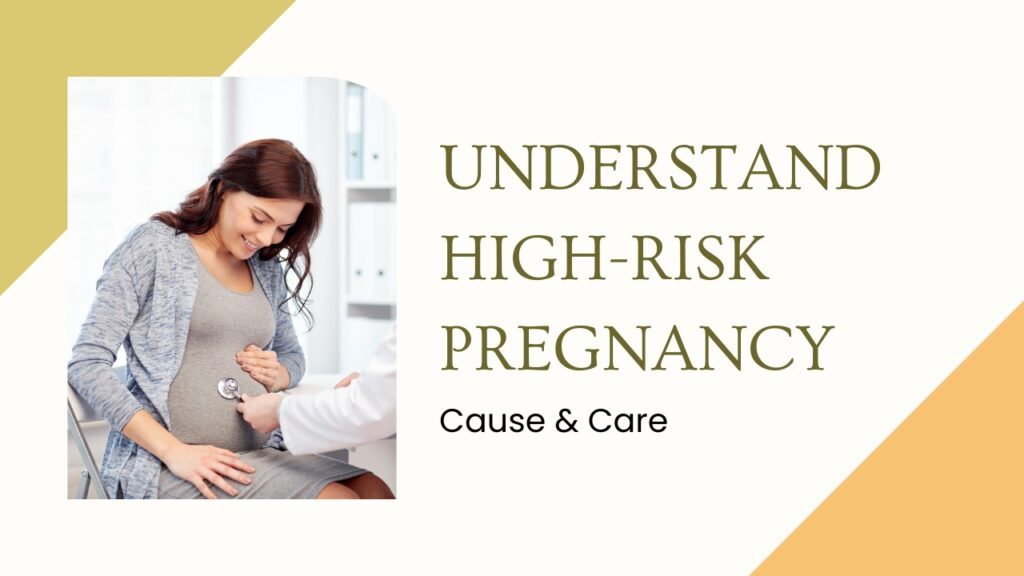
Pregnancy is a remarkable journey, but for some women, it comes with increased risks. At Lifespan Super Specialty Hospitals, we specialize in high-risk pregnancy care and management. Understanding and identifying high-risk pregnancy conditions are crucial steps to ensure both maternal and fetal health. This blog will delve into the key risk factors and provide insights into managing these risks effectively.
What is a High-Risk Pregnancy?
A high-risk pregnancy is one where the health of the mother or fetus is at greater risk than usual. This could be due to various medical, environmental, or lifestyle factors. Early identification and proactive management are essential to ensure a healthy outcome for both mother and baby.
Identifying High-Risk Pregnancy Conditions
Identifying high-risk pregnancy conditions early allows for better management and improved outcomes. Some common conditions that may categorize a pregnancy as high-risk include:
- Pre-existing Medical Conditions: Chronic illnesses such as diabetes, hypertension, or heart disease can complicate pregnancy.
- Age Factors: Women under 17 or over 35 are at a higher risk of pregnancy complications.
- Multiple Pregnancies: Carrying twins, triplets, or more increases the likelihood of complications.
- Previous Pregnancy Complications: A history of preterm labor, preeclampsia, or miscarriage raises the risk in subsequent pregnancies.
- Lifestyle Factors: Smoking, alcohol use, and substance abuse can negatively impact pregnancy.
High-Risk Pregnancy Risk Factors
Understanding the risk factors associated with high-risk pregnancies helps in developing effective management strategies. The main risk factors include:
- Medical History: Conditions such as gestational diabetes or preeclampsia in previous pregnancies.
- Genetic Factors: Family history of genetic disorders or birth defects.
- Obesity: Excessive weight increases the risk of complications like gestational diabetes and hypertension.
- Infections: Certain infections can adversely affect the pregnancy.
- Socioeconomic Factors: Limited access to healthcare and inadequate nutrition can contribute to higher risk.
Managing High-Risk Pregnancies
Effective management of high-risk pregnancies involves a multidisciplinary approach. At Lifespan Super Speciality Hospitals, we provide comprehensive care that includes:
- Regular Monitoring: Frequent check-ups to monitor the health of both mother and baby.
- Specialized Care Plans: Tailored care plans to address specific risk factors and medical conditions.
- Advanced Diagnostic Tools: Utilization of the latest technology for accurate diagnosis and monitoring.
- Nutritional Support: Guidance on maintaining a healthy diet to support pregnancy.
- Emotional Support: Counseling and support groups to address the emotional challenges of high-risk pregnancies.
Conclusion
At Lifespan Super speciality Hospitals, we are committed to providing the highest level of care for high-risk pregnancies. By identifying high-risk pregnancy conditions early and implementing comprehensive management strategies, we strive to ensure the best possible outcomes for both mother and child. If you or a loved one is experiencing a high-risk pregnancy, reach out to our expert team for personalized care and support.
For more information on high-risk pregnancy care and management, visit our website or contact our specialists today.


